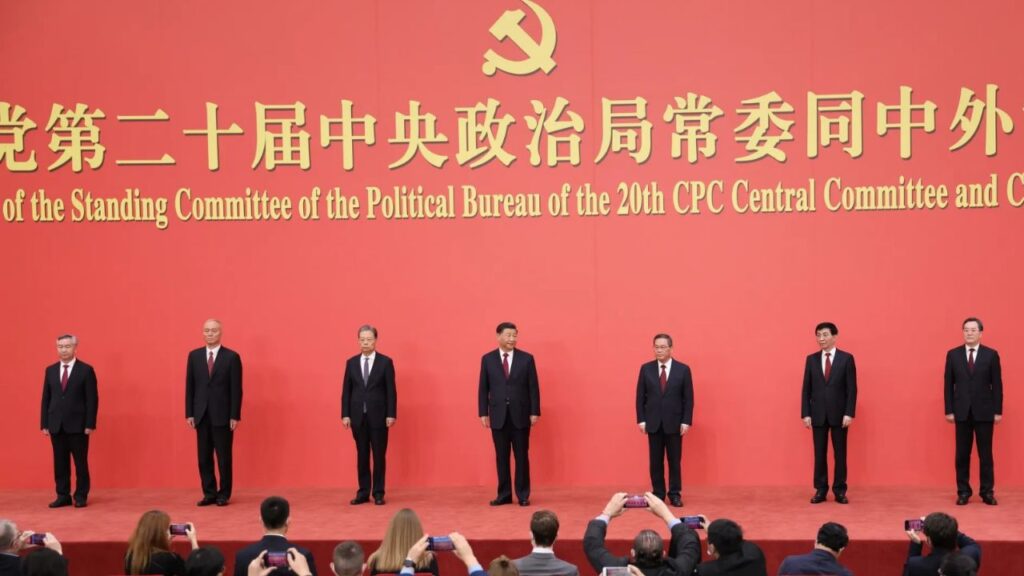The recent 12-day conflict between Israel and Iran has presented China with both opportunities and stark limitations, revealing the complex dynamics of Beijing’s growing but constrained role in Middle Eastern geopolitics.
Mixed Results for Beijing
While China has gained certain advantages from the conflict—including expanded access to Iranian oil markets and potential reconstruction contracts—the war has highlighted significant gaps in Beijing’s regional influence. Unlike its successful mediation between Saudi Arabia and Iran in 2023, China found itself unable to position itself as an effective mediator in this more acute crisis.
The conflict exposed Beijing’s limited leverage over both Iran and Israel. Despite deepening economic ties with Tehran, mutual mistrust and shallow partnerships prevented China from exercising meaningful diplomatic pressure. Similarly, Beijing demonstrated virtually no influence over Israeli decision-making throughout the confrontation.

Strategic Hedging and Calculated Responses
China’s response reflected a careful balancing act. Foreign Minister Wang Yi condemned Israeli strikes during conversations with Iranian officials but notably softened his tone when speaking with Israeli counterparts. President Xi Jinping offered to play a “constructive role” in de-escalation while avoiding explicit mediation proposals.
This cautious approach stemmed partly from concerns about Iran’s military vulnerability. Israel’s successful strikes on nuclear facilities and military installations with minimal losses made supporting an Iranian victory appear unrealistic for Chinese strategists.
The Nuclear Question
Perhaps more concerning for Beijing are the implications of Iran’s nuclear program. Intelligence assessments suggest that Iran’s highly enriched uranium stockpiles may have survived the Israeli attacks, raising the specter of accelerated nuclear development. This scenario poses multiple risks for China: potential regional nuclear proliferation, increased likelihood of further U.S.-Israeli military action, and regional instability that could disrupt Chinese economic interests.
President Trump’s explicit readiness to authorize additional strikes if Iran resumes uranium enrichment adds another layer of unpredictability that Beijing must navigate.
Energy Security Vulnerabilities
The conflict has created what analysts term a “Hormuz Dilemma” for China. Iran’s parliamentary approval for potentially closing the Strait of Hormuz—through which 30-45% of Chinese oil imports pass—mirrors China’s existing “Malacca Dilemma” in Southeast Asia. This development threatens to create a second critical chokepoint vulnerable to geopolitical tensions, potentially holding Chinese energy security hostage to Middle Eastern conflicts.
Implications for China’s Global Initiatives
The crisis has also called into question the effectiveness of China’s broader diplomatic frameworks. The principles underlying Beijing’s Global Security Initiative and Global Development Initiative—emphasizing “peace through development” and cooperative security—appear less applicable in the highly militarized Middle Eastern context.
Regional powers may conclude that China’s risk-averse approach indicates its mediation model is insufficient for managing active conflicts, potentially undermining the credibility gained from the Saudi-Iranian rapprochement.
Future Challenges and Responses
Moving forward, China is expected to maintain its hedging strategy while potentially seeking to repair relations with Israel and encouraging Iranian engagement with U.S. nuclear negotiations. Beijing may also leverage its Iranian oil purchases to help stabilize Tehran’s economy without significantly expanding broader investments.
The conflict has revealed a fundamental paradox in China’s Middle Eastern engagement: while Chinese business partnerships align with regional economic diversification goals, the United States remains the primary security guarantor when conflicts escalate. Ironically, American security commitments may provide better protection for Chinese regional interests than Beijing’s own diplomatic initiatives.
Lessons for Beijing
The Israel-Iran conflict has demonstrated that China’s growing economic influence in the Middle East does not automatically translate into diplomatic leverage during crises. Without developing more robust security partnerships or mediation capabilities, Beijing risks seeing its regional influence diminish as tensions escalate.
For Chinese strategists, the war offers both a cautionary tale about the limits of economic diplomacy and a reminder that effective crisis management requires capabilities Beijing has yet to develop in this volatile region.






